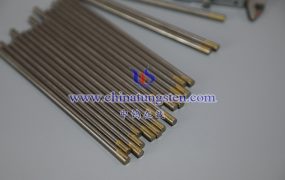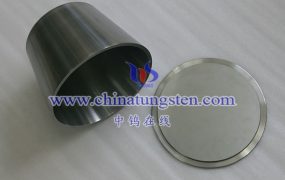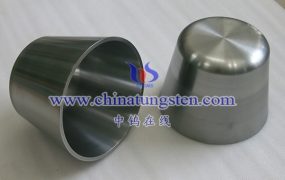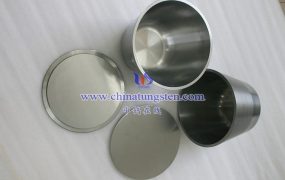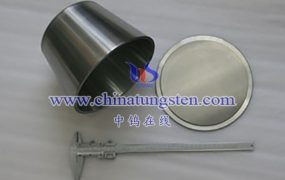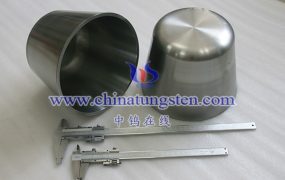Compared with other materials, molybdenum electrodes have the following unique features in glass melting:
High temperature resistance: Molybdenum has a very high melting point (2620 degrees Celsius), which enables molybdenum electrodes to work at extremely high temperatures. In the process of glass melting, it needs to withstand high temperature environment, and molybdenum electrode can maintain structural stability and high temperature strength, and is not easy to deform or melt.
Oxidation resistance: Molybdenum has good oxidation resistance and exhibits a low oxidation rate in high-temperature oxidizing environments. This enables the molybdenum electrode to work stably for a long time during the glass melting process, reducing the impact of oxidation on its performance.
Excellent thermal conductivity: Molybdenum has good thermal conductivity and can effectively conduct heat. During the glass melting process, the molybdenum electrode can quickly transfer heat to the glass material, promoting the uniform melting and formation of the glass.
Good corrosion resistance: Molybdenum has high chemical stability and good corrosion resistance to most acidic and alkaline media. During the glass melting process, the molybdenum electrode can resist chemical corrosion in the glass composition, prolonging the service life of the electrode.
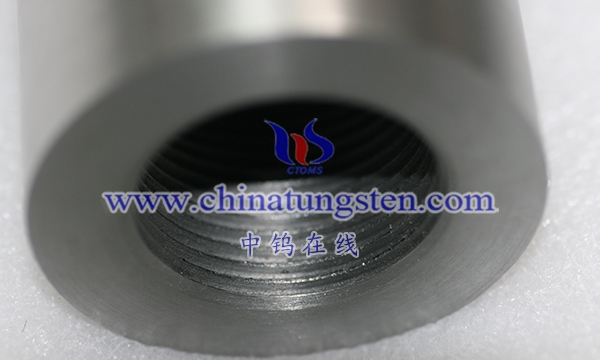
More details of molybdenum or molybdenum alloy products, please visit website: http://molybdenum-alloy.com/index.html
Please contact CHINATUNGSTEN for inquiry and order of molybdenum alloy products:
Email: sales@chinatungsten.com
Tel.: +86 592 5129595
